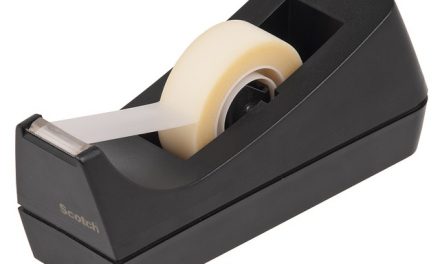Understanding Henna Tattoos:
Henna tattoos involve the application of a paste made from the crushed leaves of the henna plant, which is known for its natural dyeing properties. Unlike permanent tattoos, henna tattoos are temporary and gradually fade away over a few weeks. However, it is crucial to differentiate between natural henna and “black henna” or “emergency henna,” which can potentially pose health risks.
The Safety of Natural Henna:
According to experts at Cleveland Clinic, natural henna, when used properly, is generally safe for most individuals. The natural dye penetrates the outermost layer of the skin, resulting in a temporary coloration. Since henna is derived from a plant source, it is less likely to cause adverse reactions. Nonetheless, it is essential to be aware of potential risks associated with additives or adulterants sometimes found in henna paste.
Potential Risks with “Black Henna” Tattoos:
“Black henna” or “emergency henna” is often marketed as a faster and darker alternative to natural henna. However, it contains a synthetic black dye called para-phenylenediamine (PPD), which can cause severe allergic reactions in some individuals. PPD is known to cause skin sensitization, leading to redness, itching, blistering, and even long-term scarring. Cleveland Clinic strongly advises against using “black henna” due to the potential health risks.
Precautions and Recommendations:
To ensure the safety of temporary henna tattoos, Cleveland Clinic recommends the following precautions:
1. Use natural henna: Always choose natural henna products from reputable sources. Look for products that contain only henna and avoid those with additional dyes or chemicals.
2. Perform a patch test: Before applying henna on a larger area of skin, conduct a patch test on a small area to check for any allergic reactions. Apply a small amount of the paste and wait for at least 24 hours to observe any adverse effects.
3. Avoid “black henna”: Steer clear of products labeled as “black henna” or containing PPD. These products can lead to severe allergic reactions and long-term skin damage.
4. Consult a professional: If you are unsure about the safety or application process, consider visiting a professional henna artist who is experienced in using natural henna.
Conclusion:
Temporary henna tattoos can be a fun and artistic way to express oneself. However, it is crucial to prioritize safety and be aware of the potential risks associated with “black henna” or adulterated henna products. By following the guidelines provided by experts at Cleveland Clinic, individuals can enjoy the beauty of henna tattoos without compromising their health.
Remember, it is always best to consult with a healthcare professional or dermatologist if you have any concerns or experience any adverse reactions to henna tattoos.
Citation:
Cleveland Clinic. “Are Temporary Henna Tattoos Safe?” Health Essentials. September 27, 2019. Accessed September 2021. URL: https://health.clevelandclinic.org/are-temporary-h





